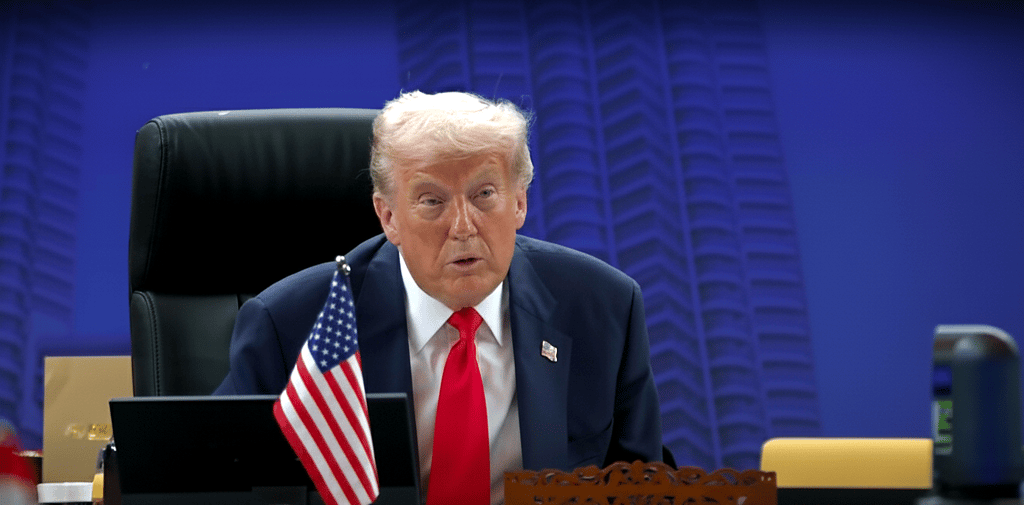Donald Trump Eyes Trade Deals with Brazil — New Era in U.S.-Brazil Relations
Donald Trump signals new trade talks with Brazil after meeting President Lula in Kuala Lumpur on October 26, 2025, aiming for mutual growth.
Raja Awais Ali
10/26/20252 min read


Donald Trump Eyes New Trade Deals with Brazil — A Fresh Chapter in U.S.-Brazil Relations
U.S. President Donald Trump has announced that he could work out important new trade deals with Brazil, describing the prospects as “very good for both countries.” This statement came after his meeting with Brazilian President Luiz Inácio Lula da Silva on October 26, 2025, during the ASEAN Summit held in Kuala Lumpur, Malaysia.
Trump told reporters, “I think we should be able to make some pretty good deals for both countries.” President Lula also emphasized that there was no reason for conflict between the two nations and said both should move forward with cooperation and mutual respect.
The meeting between Trump and Lula took place on the sidelines of the ASEAN Summit 2025, where they discussed bilateral relations, trade policies, and tariffs. Just weeks earlier, Trump had increased import tariffs on Brazilian goods from 10% to 50%, a move that sparked tension. Lula had called the decision “unfair” and requested new talks to ease trade restrictions and strengthen cooperation.
Following their latest discussions, both sides agreed to begin negotiations toward potential trade agreements. Brazil has proposed a temporary suspension of tariffs to maintain smooth trade during talks, while Trump expressed optimism, saying both nations could achieve “mutual benefits.” Economic experts suggest these negotiations could reshape trade relations between the two largest economies in the Americas.
If successful, analysts say the new agreements could bring major benefits. Brazilian exports such as soybeans, beef, and steel could gain easier access to U.S. markets, while American consumers might see lower prices on imported goods. On the other hand, some U.S. industries — particularly steel and aluminum — may face increased competition, potentially creating domestic political challenges for the Trump administration.
Observers note that the talks also carry geopolitical significance. As global markets shift amid changing alliances, closer U.S.-Brazil cooperation could strengthen America’s influence in South America and open new export opportunities for both nations. Brazil’s economy, which has been struggling with inflation and trade deficits, could also gain a significant boost from closer ties with the U.S.
The Trump–Lula meeting is being viewed as a positive diplomatic step toward easing trade tensions that have persisted since tariff hikes were introduced earlier this year. Both leaders have expressed a willingness to prioritize mutual growth and maintain a stable economic partnership.
If the upcoming negotiations succeed, they could mark a new era of economic collaboration between the two nations — boosting investment, creating jobs, and expanding trade channels across multiple sectors. While no formal agreement has been signed yet, optimism is high that both sides are ready to turn the page toward cooperation rather than confrontation.
Stay informed with the latest national and international news.
© 2025. All rights reserved.